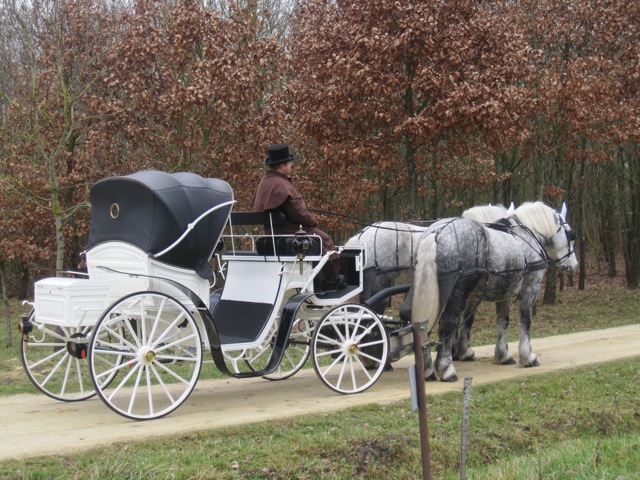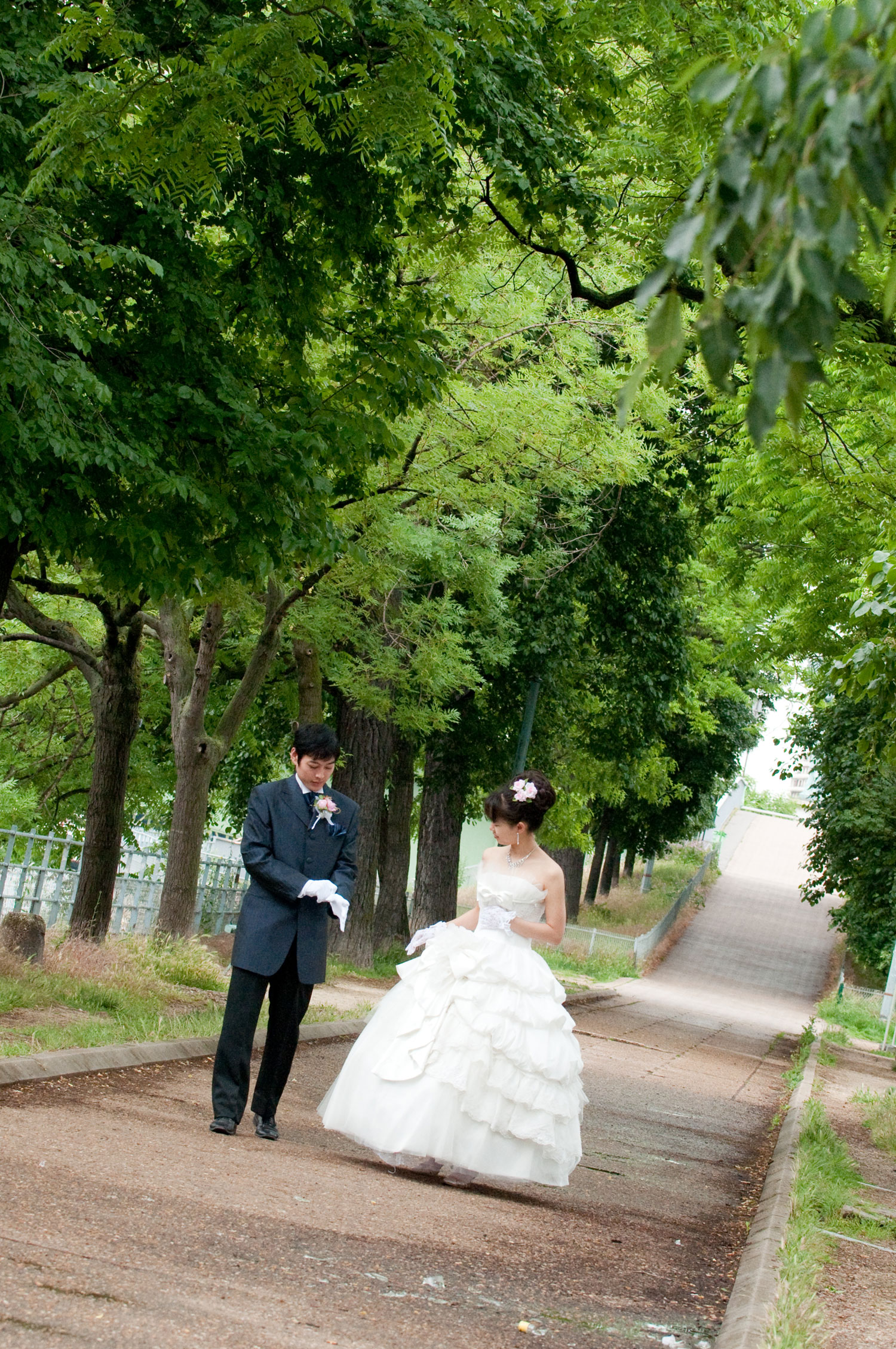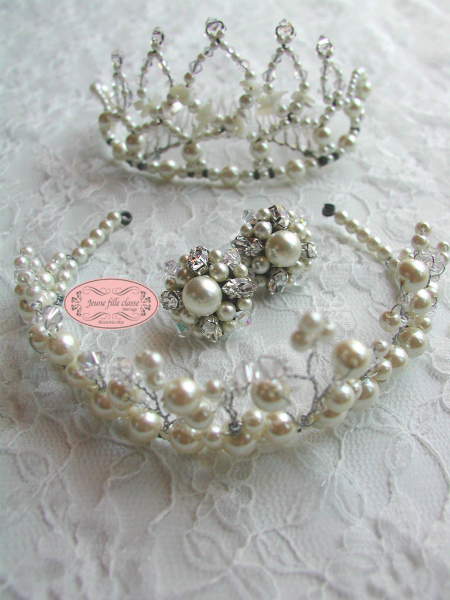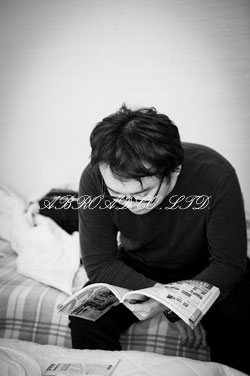empress wu primary sources
Numerous educational institutions recommend us, including Oxford University. According to almost all her biographers, she was extremely cruel in her personal life, murdering two sons, a daughter, sister, niece, grandchildren, and many Li and Wu princes and princesses who opposed her. Before Smithsonian.com, Dash authored the award-winning blog A Blast From the Past. 77116. The insurrections had received little popular support and in the years that she dominated politics as empress, empress dowager, and finally as emperor, there were no widespread military unrests. Even if she took full advantage, however, she must have possessed not only looks but remarkable intelligence and determination to emerge, as she did two decades later, as empress. Ancient China: Empress Wu Zetian Biography - Ducksters When Wu could no longer tolerate her daughter-in-law's antics and disrespect, and her son's refusal to discipline her and obey Wu's dictates, she had him charged with treason and banished along with his wife. The cambridge history has a fascinating take on this period - the author of the chapter on Wu's reign keeps reminding the reader that the imperium was peaceful; the economy was booming; government was rational, efficient and effective; and a parade of highly qualified top officials presided. 127148. Having been raised by her father to believe she was the equal of men, Wu saw no reason why women could not carry out the same practices and hold the same positions men could. She was very beautiful and was selected by emperor Taizong (r. 626 - 649 CE) as one of his concubines when she was 14 years old. The empress even promoted what might loosely be termed womens rights, publishing (albeit as part of her own legitimation campaign)Biographies of Famous Women and requiring children to mourn both parents, rather than merely their father, as had been the practice hitherto. The mute and limbless concubine was then tossed into a cesspit in the palace with the swine. Princes and ministers loyal to the Tang Dynasty and princes suspected of rebellious motives against her were executed. However, the date of retrieval is often important. At the end of this spirit road, the tomb itself lies in a remarkably inaccessible spot, set into a mountain at the end of a winding forest path. Mutsuhito 1996-2021 This license lets others remix, tweak, and build upon this content non-commercially, as long as they credit the author and license their new creations under the identical terms. https://www.encyclopedia.com/history/news-wires-white-papers-and-books/empress-wu-wu-zhao, "Empress Wu (Wu Zhao) How did a woman with such limited expectations as Wu emerge triumphant in the cutthroat world of the Tang court? Empress Wu Zetian - Naked History "Empress Wu Zetian." Barrett. Functioning in a male-oriented patriarchy, Wu Zetian was painstakingly aware of the gender taboos she had to break in political ideology and social norm. 2019Encyclopedia.com | All rights reserved. One reason, as we have already had cause to note in this blog, is the official nature and lack of diversity among the sources that survive for early Chinese history; another is that imperial history was written to provide lessons for future rulers, and as such tended to be weighted heavily against usurpers (which Wu was) and anyone who offended the Confucian sensibilities of the scholars who labored over them (which Wu did simply by being a woman). Her mother ne Yang was of aristocratic birth with mixed Chinese and Turkic blood, the result of generations of intermarriage when five nomadic tribes overran north China and founded dynasties in the 4th to 6th centuries. When Gaozong suffered a stroke in 660, the empress made herself the ruler. This spy system served her well in giving her early warning of any plots in the making and enabled her to take care of threats to her reign before they became actual problems. Every Chinese emperor had concubines, and most had favorites; few came to power, or stayed there, without the use of violence. Shanghai: Sibu congkan ed., 1929. Empress Wu proved to be a wise monarch, and in her reign of twenty years she continued many policies and practices of her predecessors. Our mission is to engage people with cultural heritage and to improve history education worldwide. Cambridge: Cambridge University Press, 1979. These began in 666 with the death by poison of a teenage niece who had attracted Gaozongs admiring gaze, and continued in 674 with the suspicious demise of Wus able eldest son, crown prince Li Hong, and the discovery of several hundred suits of armor in the stables of a second son, who was promptly demoted to the rank of commoner on suspicion of treason. But is the empress unfairly maligned? World Eras. Her one mistake had been to marry this boy to a concubine nearly as ruthless and ambitious as herself. This page titled 4.16: Links to Primary Sources is shared under a CC BY-SA license and was authored, remixed, and/or curated by George Israel (University System of Georgia via GALILEO Open Learning Materials) . Our publication has been reviewed for educational use by Common Sense Education, Internet Scout (University of Wisconsin), Merlot (California State University), OER Commons and the School Library Journal. In defiance of convention Emperor Gaozong started an affair with her, and she bore him a son in 652. It is also generally accepted that Ruizongs wife, Empress Liu, and chief consort, Dou, were executed at Wus behest in 693 on trumped-up charges of witchcraft. The development of the examination system during her reign was a critical step in the eventual transformation of the aristocracy to a meritocracy in the government. Wu was given the privileged position of first concubine even though by law she should have been left in the temple as a nun. McMullen, David. However, the date of retrieval is often important. With a heart like a serpent and a nature like that of a wolf, one contemporary summed up, she favored evil sycophants and destroyed good and loyal officials. A small sampling of the empresss other crimes followed: She killed her sister, butchered her elder brothers, murdered the ruler, poisoned her mother. . ." World History Encyclopedia. She wanted to make it clear that a new kind of ruler had taken the throne of China and a new order had arrived. Cold, ruthless, and ambitious, the Han dynasty dowager murdered her rival,. Sources about Wu Zetian's life are a hodgepodge, which some condemning her as the devil himself and others testifying she was an absolute angel. You're hard-pressed to find any historical documents that don't have some sort of bias, especially when dealing with a controversial figure like Wu Zetian. It could also be, like it was in Egypt after Queen Hatshepsut's reign, that no one in power wanted to record the reign of a woman and hoped that Empress Wu would be forgotten. It is a challenge to recover real people from this morass of bias. It may be helpful to consider that there were in effect two empressesthe one who maintained a reign of terror over the innermost circle of government, and the one who ruled more benignly over 50 million Chinese commoners. Paul, Diana Y. Though Wu was unusually well-read and self-willed for a mere concubine, she had only one real advantage over her higher-ranked rivals: Her duties included changing the imperial sheets, which potentially gave her bedroom access to Taizong. From 697 onward she found it so diffi-cult to win support that she attempted to return the throne to her son Zhongzong. The odds that a girl of this low rank would ever come to an emperors attention were slim. According to Wu's own account, they conspired against her but, according to other historians, Wu started and finished the problems she had with them. Beijing: Foreign Languages Press, 1984. One of the brothers, she declared, had a face as beautiful as a lotus flower, while it is said she valued the other for his talents in the bedchamber. 21/11/2022. In 697 CE, Wu's hold on power began to slip when she became more paranoid and began spending more time with her young lovers than on ruling China. Appears In Historians have documented Wu Zetian's resort to slander, torture, and murders to reinforce the propaganda of omens. World History Publishing is a non-profit company registered in the United Kingdom. 23 Feb. 2023 . Justinian. When Empress Wu was the empress of the Tang Dynasty, she created a system of secret police to watch her opponents and killed or put anyone in . Unknown, . Determining the truth about this welter of innuendo is all but impossible, and matters are complicated by the fact that little is known of Wus earliest years. Princess Taiping put an end to her plans when she had Wei and her family murdered and put her brother Ruizong on the throne. "Empress Wu and the Historians: A Tyrant and Saint of Classical China," in Nancy Auer Falk and Rita M. Gross, eds., Unspoken Worlds: Religious Lives of Women. An official under the former Han dynasty, he took the Han throne and founded his own, CHARLEMAGNE According to the histories of the period, Wu smothered her own week-old daughter by Gaozong and blamed the babys death on Wang, who was the last person to have held her. Historical Significance: Empress Wu was very significant in the Tang Dynasty. Barretts recent book even suggests (on no firm evidence) that the empress was the most important early promoter of printing in the world. Wu probably did dispose of several members of her own family, and she ordered the deaths of a number of probably innocent ministers and bureaucrats. Not only do we pay for our servers, but also for related services such as our content delivery network, Google Workspace, email, and much more. Empress Theodora. Bellingham, WA: Center for Asian Studies, Western Washington University, 1978. World History Encyclopedia, 22 Feb 2016. She was the daughter of a minor general called Duke Ding of Ying, and came to the palace as a concubine in about 636an honor that suggests that she was very beautiful, since, as Jonathan Clements remarks, admission to the ranks of palace concubines was equivalent to winning a beauty contest of the most gorgeous women in the medieval world. But mere beauty was not sufficient to elevate the poorly connected teenage Wu past the fifth rank of palace women, a menial position whose duties were those of a maid, not a temptress. She ordered farming manuals to be written and distributed. Sima, Guang. One explanation for Wus success is that she listened. Any historian who has written on Lady Wu has followed the story set down by the later Chinese historians without question, but these historians had their own agenda which did not include praising a woman who presumed to rule like a man. Empress Wu, or Wu Zhao, challenged the patriarchal system by advocating women's intellectual development and sexual freedom. She killed her sister, butchered her elder brothers, murdered the ruler, poisoned her mother, the chronicles say. ." She also reformed the department of agriculture and the system of taxation by rewarding officials who produced the greatest amount of crops and taxed their people the least. Image taken from An 18th-century album of portraits of 86 emperors of China, with Chinese historical notes. Wu Zetian was born in Wenshi County, Shanxi Province, in 624 CE to a wealthy family. | READ MORE. In promoting Buddhism over Confucianism and Daoism as the favored state religion, the Empress countered strongly held Confucian beliefs against female rule. 242289. Thank you! Wu began her life at court taking care of the royal laundry but one day dared to speak to the emperor when they were alone and talked about Chinese history. Lady Wang's uncle, the chancellor Liu Shi, was removed from his post which meant his son was cut off as Gaozong's heir. While serving as his concubine, she risked a death penalty in engaging in an incestuous affair with the crown prince and her stepson, the later Emperor Gaozong (r. 649683). Wu Zetian Biography, Facts & Quotes | Who was Empress Wu? | Study.com This was a common practice after the death of the emperor. A history known as the Comprehensive Mirror records that, during the 690s, 36 senior bureaucrats were executed or forced to commit suicide, and a thousand members of their families enslaved. Retrieved February 23, 2023 from Encyclopedia.com: https://www.encyclopedia.com/women/encyclopedias-almanacs-transcripts-and-maps/wu-zetian-624-705. Her daunting task was convincing the Confucian establishment about the legitimate succession of a woman who was the widow of the deceased emperor and the mother of the currently legitimate ruler. Complete List of Included Worksheets Below is a list of all the worksheets included in this document. To ensure imperial male progeny, the Chinese emperor's harem was an elaborate organization of eunuchs who attended to hundreds of concubines, of whom one was appointed empress, the principal wife of the emperor. Therefore, be sure to refer to those guidelines when editing your bibliography or works cited list. Territorial Expansion. Empress Dowager. Although these characters were removed after her reign they still exist as a Chinese dialect in written form. Thus Wu Zetian's experience might have caused some redefinition of gender in her time, but this direction has not translated into enduring gains in the society and political organization that she left behind. souls of those who died in the atomic bomb attacks, Their antagonism toward a female ruler eventually would find its way into the histories which recorded her reign and become the 'facts' which future generations would accept as truth. So queens and empresses regnant were forced to rule like men, and yet roundly criticized when they did so. She did not ask any man's permission to lead these women to Mount Tai; she felt she knew what was best and did it. License. False: In fact, the Roman Empire was in decline at this time. World History Encyclopedia. One of the most powerful champions of Buddhism in China was the Empress Wu Zetian. She commissioned statues of the Maitreya in the Longmen Caves outside Luoyang. Yet Wu has had a pretty bad press. Buddhism was carried into East Asia by merchants and Buddhist monks traveling the Silk Road from Northern India, Persia, Kashmir and Inner Asia. across from her husband, the emperor. Patronage of Buddhism. "Empress Wu Zetian." She reigned during the Tang Dynasty (618-907 CE) and was one of the most effective and controversial monarchs in China's history. Empress Wu (died September or October 245), [a] personal name Wu Xian ( Chinese: ), formally known as Empress Mu (literally "the Just Empress"), was an empress of the state of Shu Han during the Three Kingdoms period. Traders from the Mediterranean and Persia also came from both the overland and maritime trade routes, where Buddhism and Central Asian culture, dress, and music reached China. Because each style has its own formatting nuances that evolve over time and not all information is available for every reference entry or article, Encyclopedia.com cannot guarantee each citation it generates. Luoyang was favorably located on the last stop of the river routes from the South, which greatly reduced the cost of shipping grains from the Southeast to the imperial capital. Wu, characteristically, admired the virtuosity of Luos style and suggested he would be better employed at the imperial court. A third problem is that the empress, who was well aware of both these biases, was not averse to tampering with the record herself; a fourth is that some other accounts of her reign were written by relatives who had good cause to loathe her. The primary and secondary sources on Wu Zetian are abundant and problematic, reflecting an almost exclusively male authorship that has portrayed her as a beautiful, calculating, brutal woman who ruled China as the only woman emperor in name and in fact. At the same time, another political faction formed around Wu's other son, Ruizong, who was supported by Wu's daughter, Taiping. If so, their hopes were in vain; Empress Wu Zetian is remembered today as one of the greatest rulers in China's history. She worked against the Confucian dictum that women must restrict their activities to the home and in the wildest imagination could not become emperors. She has published historical essays and poetry. No area of Chinese life was untouched by Empress Wu and her reforms were so popular because the suggestions came from the people. In sum, within the social and political context of her time, Wu Zetian was a leader who went beyond the traditional roles of submissive wife and home-bound mother to emerge as ruler, lawmaker, and head of state and society while her second husband, lovers, and sons were relegated to less powerful positions than traditionally expected. But if she is observed in the context of the sexuality of male rulers, then the number of her favorites is insignificant. This particular minister was silenced but that did not silence the rest; they just were more careful not to speak their mind in front of her. Tang China during the 7th century was a period of military strength and cultural attainments, its empire stretching into Central Asia and Southwest Asia and ruled by the Li-Tang imperial family from the capital city of Xi'an (Xian), Shanxi province. She then began to plot against Gaozongs consort, Empress Wang, incriminating the empress in the death of Wus infant daughter. Mary Anderson. Vol. Women in World History: A Biographical Encyclopedia. When republishing on the web a hyperlink back to the original content source URL must be included. Reign of Terror. Wu Zhao listened to her minister and considered his argument and then, Rothschild writes, "Wu Zhao, with no intention whatsoever of 'leading the quiet life of a widow', rejected this interpretation and promptly exiled the man to the swampy, disease-ridden, Southland" (109). Hauppauge : Nova Science Publishers, 2003; Richard Guisso, Wu Tse-Tien and the Politics of Legitimation in Tang China. Submitted by Emily Mark, published on 17 March 2016. After Gaozongs death, in 683, she remained the power behind the throne as dowager empress, manipulating a succession of her sons before, in 690, ordering the last of them to abdicate and taking power herself. Five Historical Plays. Under the older regimes, a suggestion or complaint had to go through a number of different offices before it ever reached anyone who could do something about it. Empress Wu used the intelligence she gathered to pressure some high-ranking officials who were not performing well to resign; others she simply banished or had executed. Uploaded by Ibolya Horvath, published on 22 February 2016. Empress Wu Zetian (r. 683-704 CE) of the Tang Dynasty . Cite this article Pick a style below, and copy the text for your bibliography. Ch'ien-lung (1711-1799) was the fourth emperor of the Ch'ing, or Manchu, dynasty in China. During her Tang Dynasty reign, the practice of Chinese Buddhism is known to have reached its height and influence. Bellingham : EAS Press, 1978; Robert Van Gulik. Wu Zetian's SteleI, (GJGY.com) (CC BY-SA). Emperor Gaozong had nothing to do with either of these events, although his name would have been attached to the campaigns against Korea. Although she gave political clout to some women, such as her capable secretary, she did not go as far as challenging the Confucian tradition of excluding women from participating in the civil service examinations. Wu Zetian's tough character and good equestrian skills were perceived by observers even when she was a teenager. She maintained a stable economy and a moderate taxation for the peasantry. $1.99. Some Rights Reserved (2009-2023) under Creative Commons Attribution-NonCommercial-ShareAlike license unless otherwise noted. World History Encyclopedia. Two brothers, known as the Zhang Brothers, were her favorites and she spent most of her time in closed quarters with them. Cookie Settings, I know I have the body of a weak and feeble woman, but I have the heart and stomach of a king, and a king of England too., as we have already had cause to note in this blog, Kids Start Forgetting Early Childhood Around Age 7, Archaeologists Discover Wooden Spikes Described by Julius Caesar, Artificial Sweetener Tied to Risk of Heart Attack and Stroke, Study Finds, 5,000-Year-Old Tavern With Food Still Inside Discovered in Iraq, The Surprisingly Scientific Roots of Monkey Bars. When Gaozong died in 683, she became empress dowager and ruled on behalf of two adult sons, emperors Zhongzong (r. 684, 705710) and Ruizong (r. 685689, 710712). Retrieved from https://www.worldhistory.org/Wu_Zetian/. Name variations: Wu Ze-tian; Wu Chao, Wu Hou, or Wu Zhao; Wu Mei or Wu Meiliang; Wu Tse-t'ien, Wo Tsetien, or Wu Tso Tien; Wu of Hwang Ho or Huang He; Empress Wu, Lady Wu. "Wu Zetian (624705) The China that Wu Zetian was born in was the Tang Dynasty (618906), a strong and unified empire after four centuries of political discord and foreign interaction. Empress Wu Zetian and the Spread of Buddhism Women in World History: A Biographical Encyclopedia. Mark, Emily. Then, copy and paste the text into your bibliography or works cited list. She ruled China with complete authority and no one dared to challenge her when she was in control. Please support World History Encyclopedia. Changing the dynasty was the easier task and was accomplished by securing the approval of the Confucian establishment. None of these actions, though, would have attracted criticism had she been a man. Empress Wu is one of the most controversial leaders in Chinese history for her method of rule and the means she likely used to rise to power. The baby was strangled in her crib and Wu claimed that Lady Wang had killed her because she was jealous. Empress Wu: Part XV of the Great Patron Series - Khyentse Foundation Although the function of the concubine in China is almost always associated with sex, a woman in this position could have a number of non-sexual responsibilities, from daily tasks like taking care of the laundry to more specialized skills like conversation, poetry reading, and playing music. 2231). Her spy network and secret police stopped rebellions before they had a chance to start and the military campaigns she sent out enlarged and secured the borders of the country. Mike Dash She herself would thus be seen as a restorationist of the Zhou Dynasty, with the Wu family replacing the Li-Tang family. After his death, she married his son, Gaozong (r. 649-683 CE) and became empress consort but actually was the power behind the emperor. Su, Tong. The Demonization of Empress Wu : r/history - reddit Pick a style below, and copy the text for your bibliography. Wu Zetian was one of the longest-lived monarchs (82 years old) in Chinese history. When she saw she would not be able to control the court as her mother did, she killed herself and Xuanzong decreed that no member of Wu's family would be allowed to hold public office because of their ruthless scheming and underhanded politics.
Where Are The Gypsies From In 1883,
Virginia High School Lacrosse State Champions,
School Of Roars Dvber,
Articles E
empress wu primary sources










